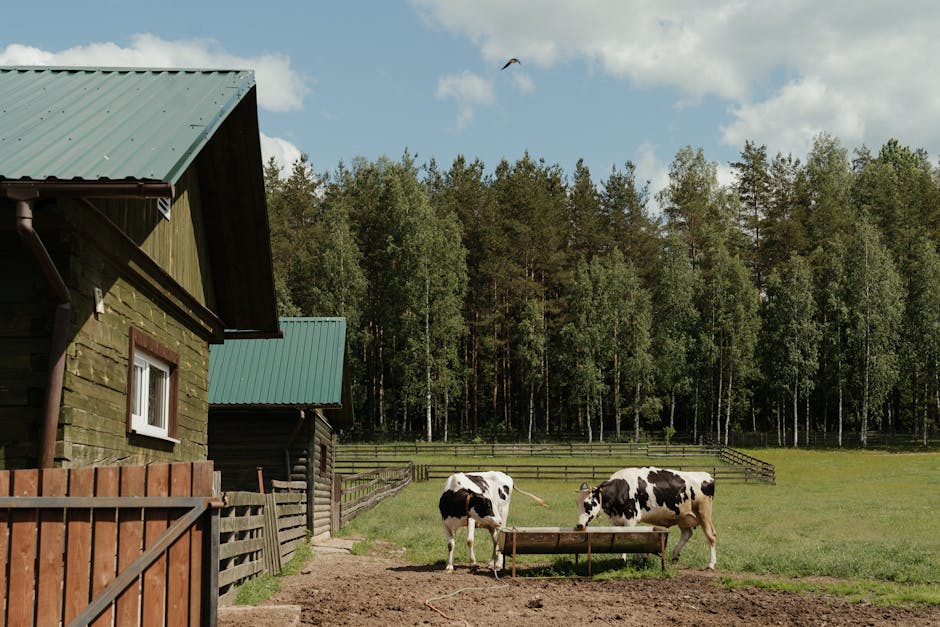**
Did Scott Bessent Link Migrants to Rising Beef Prices? The Truth
A viral claim alleges that Treasury Secretary Scott Bessent blamed undocumented migrants for soaring beef prices, accusing them of smuggling diseased cows across the border. But is there any truth to this explosive assertion? Here’s a fact-checked breakdown.
The Allegation: Did Bessent Actually Say This?
Reports circulating on social media and conservative outlets claim Bessent—a former hedge fund executive—stated that migrants introduced sick livestock, disrupting the beef supply chain. However:
– No official statement from Bessent or the Treasury Department confirms this.
– The rumor appears to originate from a misattributed quote on a fringe website.
– Fact-checkers found zero evidence linking migrant activity to livestock disease outbreaks.
What’s Really Driving Beef Inflation? Experts Explain
Agricultural economists unanimously reject the viral claim. Key factors behind rising beef prices include:
1. Record-high feed costs due to droughts in cattle states like Texas.
2. Supply chain bottlenecks from COVID-era slaughterhouse closures and labor shortages.
3. Growing global demand, with U.S. beef exports up 12% in 2023.
“There’s no data supporting diseased cows from migration impacting prices,” says Dr. Sarah Johnson, a Texas A&M livestock economist. “Focus on feed, weather, and logistics instead.”
Why the Myth Spread—And Who’s Pushing It
Immigration advocates call the claim a political distraction:
– Luis Miranda (National Immigration Forum): “Blaming migrants ignores real issues like meatpacking monopolies and climate change.”
– USDA records show no recent livestock epidemics tied to migration—all imported animals undergo health inspections.
The Bottom Line
While the rumor thrives on economic anxiety, beef inflation stems from tangible market forces—not migrants. Solving it requires fact-based policies, not scapegoating.
— NextMinuteNews Team
Stay updated with verified reporting. Share this fact check to combat misinformation.
**




